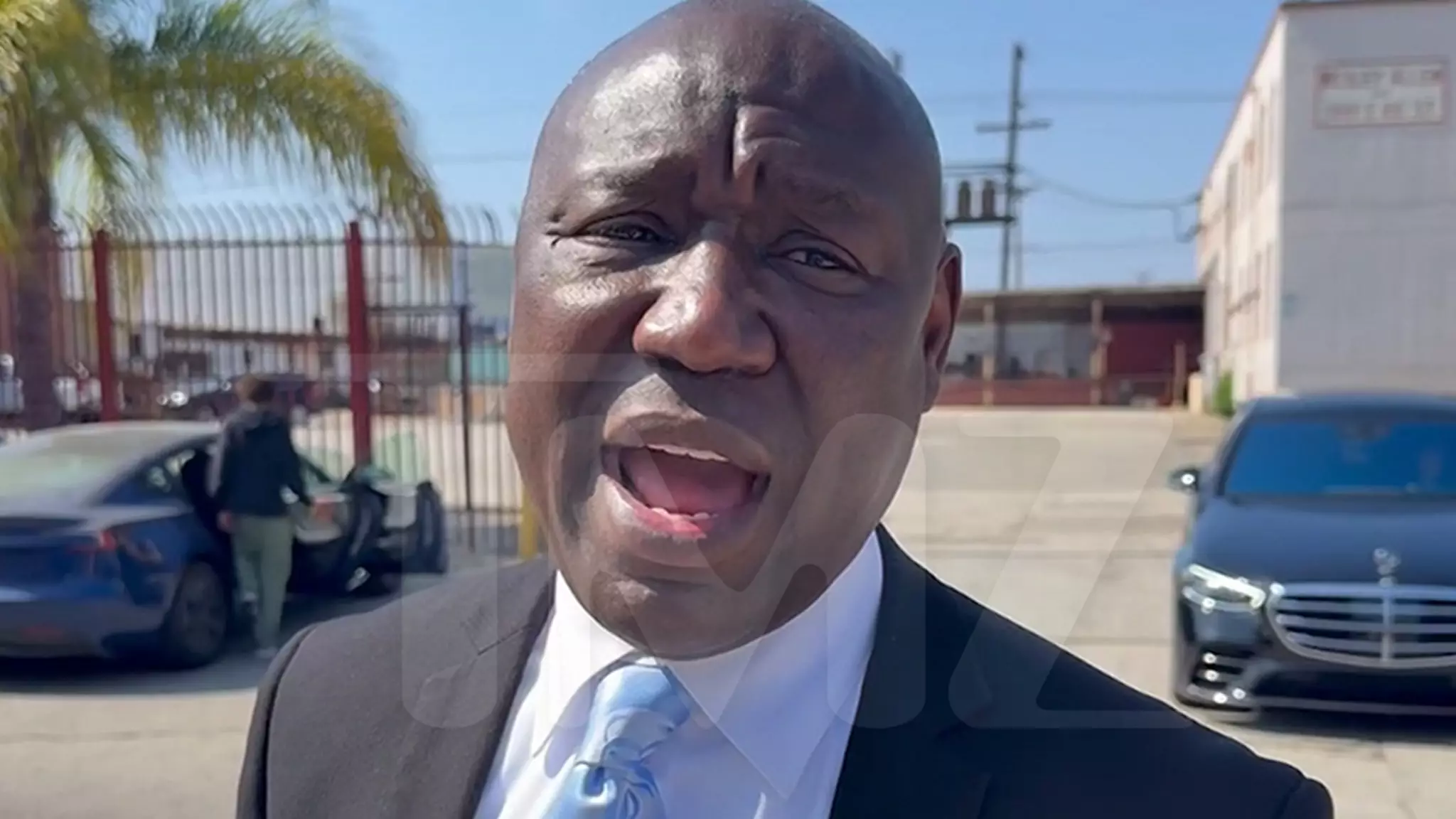In a world often clouded by partisan divisions, civil rights attorney Ben Crump has emerged as a clarion voice urging society to focus on the importance of ideas over personal affiliations. His recent commentary on the unconventional rivalry between tech magnate Elon Musk and former President Donald Trump showcases his commitment to advocacy for the welfare of all citizens, particularly the most vulnerable. The crux of Crump’s argument lies not in who wins the battle of rhetoric between these prominent figures, but rather in the implications of the legislation being debated — particularly the proposed spending bill that he condemns.
The Controversial Spending Bill
Crump takes a firm stance against the spending bill famously dubbed as the “One Big Beautiful Bill.” His issues primarily revolve around proposed cuts to Medicaid, a program that serves as a lifeline for many low-income individuals and families. He argues that in times of economic turbulence, it is critical to prioritize support for those in precarious financial situations, a sentiment reflecting a broader need for compassion in policymaking. The crux of his message is that rather than improving economic conditions for every American, such cuts tend to exacerbate already dire circumstances for those struggling hardest.
Moreover, Crump’s advocacy transcends mere criticism of the bill; he emphasizes the urgent need for humanity and empathy in a political landscape often characterized by alienation. He believes that prioritizing fiscal austerity over human welfare sends a detrimental message about societal values, which should instead be rooted in shared well-being.
Musk’s Provocative Statements
Elon Musk’s involvement adds another layer to the discussion, as he vocally criticizes the current administration in light of the proposed health policy changes. Musk’s brash statements seem to ignite more controversy than clarity, exemplifying how personal conflicts can overshadow pressing social issues. His accusation that Trump’s re-election was significantly influenced by his actions sheds light on the often self-serving narratives spun by public figures. Such engagements distract from the substantive discussion surrounding welfare policies that genuinely impact people’s lives.
Crump distances himself from the bickering, asserting that his support lies in advocating for societal welfare rather than choosing sides in a personal feud. This perspective sets a powerful precedent for what it means to be an effective advocate — emphasizing the importance of public policy over celebrity drama.
Calls for a Human-Centric Approach
The crux of Crump’s advocacy is a clarion call for a more humane approach to governance. The need for ideas that uplift, rather than hinder, marginalized communities resonates deeply in his discourse. He believes leaders should be held accountable not just for the narratives they craft, but for the tangible impacts their policies have on people’s lives.
In a time where divisive politics prevail, Ben Crump’s perspective serves as a reminder that the true measure of leadership lies in one’s commitment to advancing the common good. The challenge ahead remains to ensure that policymakers prioritize the welfare of the most vulnerable over ideological battles, suggesting that the future of social justice hinges on the courage to reject personality-driven politics in favor of a more profound and inclusive dialogue about society’s needs.

